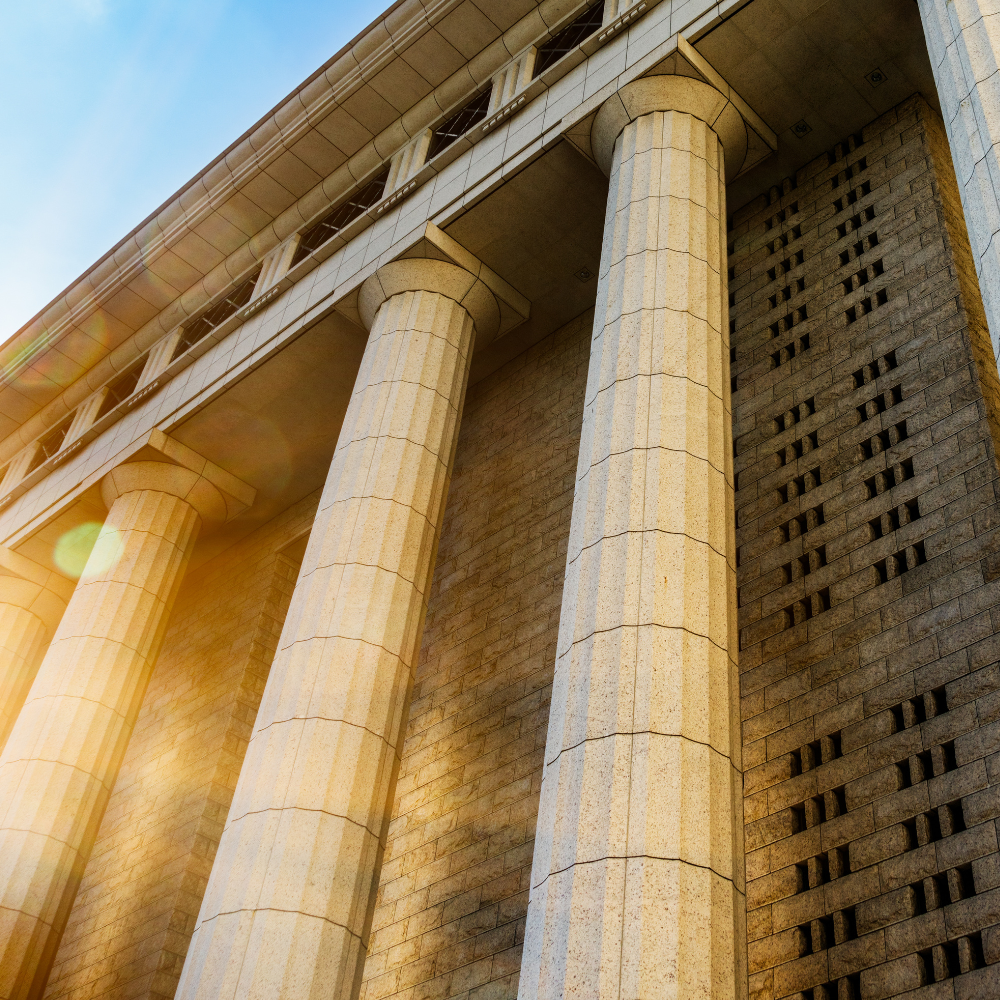Jimmy Lai testifies in high stakes Hong Kong trial
Jimmy Lai, a towering figure in Hong Kong’s pro-democracy movement, testified in court on Wednesday in a high-stakes national security trial that could lead to a life sentence. The 76-year-old founder of the now-defunct Apple Daily tabloid is charged with colluding with foreign forces, allegedly using his influential media platform to oppose the government.
The trial marks the first time Lai has taken the stand despite facing multiple legal battles since 2020. These proceedings have been widely criticized as politically motivated, reflecting Beijing’s intensified control over Hong Kong under the controversial national security law enacted in 2020.
In court, Lai defended the mission of Apple Daily, portraying the publication as a symbol of Hong Kong’s core values, such as freedom and the pursuit of democracy. He highlighted that the tabloid’s principles reflected the aspirations of the city’s people, championing the rule of law, freedom of speech, religion, and assembly.
Lai also addressed accusations that the newspaper supported the 2019 pro-democracy protests, which Beijing viewed as a destabilizing threat. He denied any endorsement of violence or Hong Kong independence, stating that such notions were “too crazy to think about.”
The trial of Jimmy Lai comes on the heels of the sentencing of 45 pro-democracy activists from the “Hong Kong 47,” the largest case under the city’s contentious national security law. Among those convicted are prominent figures like Benny Tai and Joshua Wong. Crowds gathered outside the courthouse for both cases, showing support for Lai and the broader pro-democracy movement that has faced relentless crackdowns.
Lai, a British citizen, is already serving prison sentences for charges including unauthorized assembly and fraud. Held in solitary confinement since late 2020, concerns about his health have intensified. His family and legal team have reported significant weight loss and growing frailty during his recent court appearances.
The international community has increasingly decried Lai’s prosecution as a severe blow to press freedom. Human rights organizations and Western governments have called for his release. British Prime Minister Keir Starmer recently labeled Lai’s case a “priority,” raising concerns about his deteriorating health during discussions with Chinese President Xi Jinping at the G20 Summit in Rio de Janeiro. Lai’s trial has become a focal point in the global debate over Hong Kong’s autonomy and the broader implications of Beijing’s tightening grip on the city.
U.S. President-elect Donald Trump recently vowed in a podcast to “100%” secure the release of Jimmy Lai, a pledge that drew sharp criticism from Hong Kong officials, who called for “mutual respect” in international relations. Lai’s trial highlights the sweeping impact of Hong Kong’s national security law, which critics say has stifled dissent and undermined the city’s autonomy.
As a prominent pro-democracy figure, Lai’s case has become emblematic of the broader struggle for freedom in Hong Kong, symbolizing the shrinking space for democratic values under Beijing’s tightening control. For Lai, the trial is more than a legal battle—it is a defining moment for the future of free expression and democracy in a city once celebrated for its liberties. The proceedings have attracted global attention, intensifying debates over human rights and Hong Kong’s diminishing status as a semi-autonomous region.









